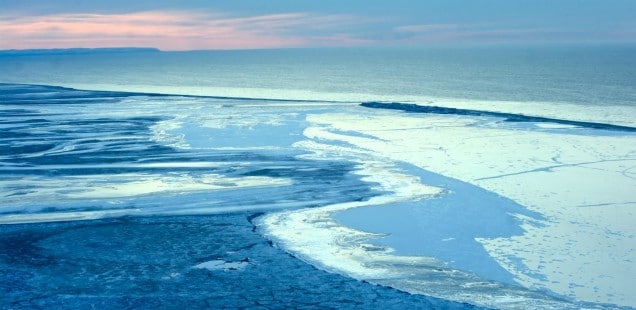The Guardian news outlet is running a series this week on the small Alaskan town of Newtok that is slowly being wiped off the map as the waters rise around it.
The Army Corp of Engineers predicts that the highest point in Newtok could be under water by as early as 2017. This is irrefutable evidence that climate change is here now, and the sea level rises are no longer a prediction by scientists, but happening as we speak.
Guardian journalist Suzanne Goldenberg writes,
These villages, whose residents are nearly all native Alaskans, are already experiencing the flooding and erosion that are the signature effects of climate change in Alaska. The residents of a number of villages – including Newtok – are now actively working to leave their homes and the lands they have occupied for centuries and move to safer locations.
Once upon a time, it was considered politically savvy in some quarters to downplay or outright deny the realities of climate change. But now, with communities in exile from the impacts, denying climate change seems to me to be borderline negligent.
Subscribe to our newsletter
Stay up to date with DeSmog news and alerts







